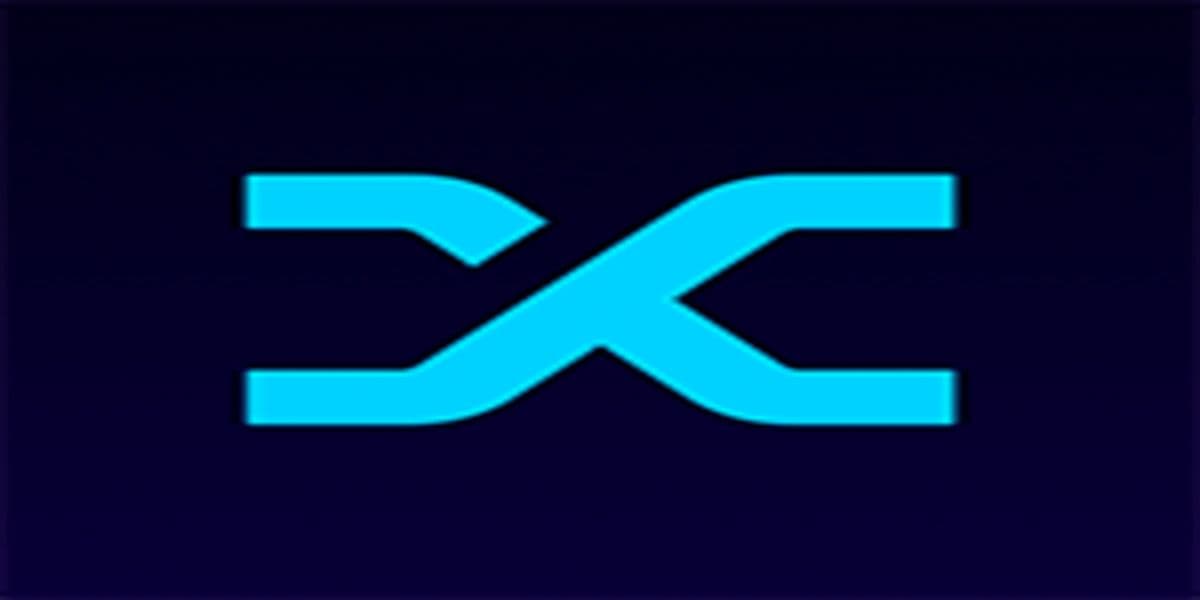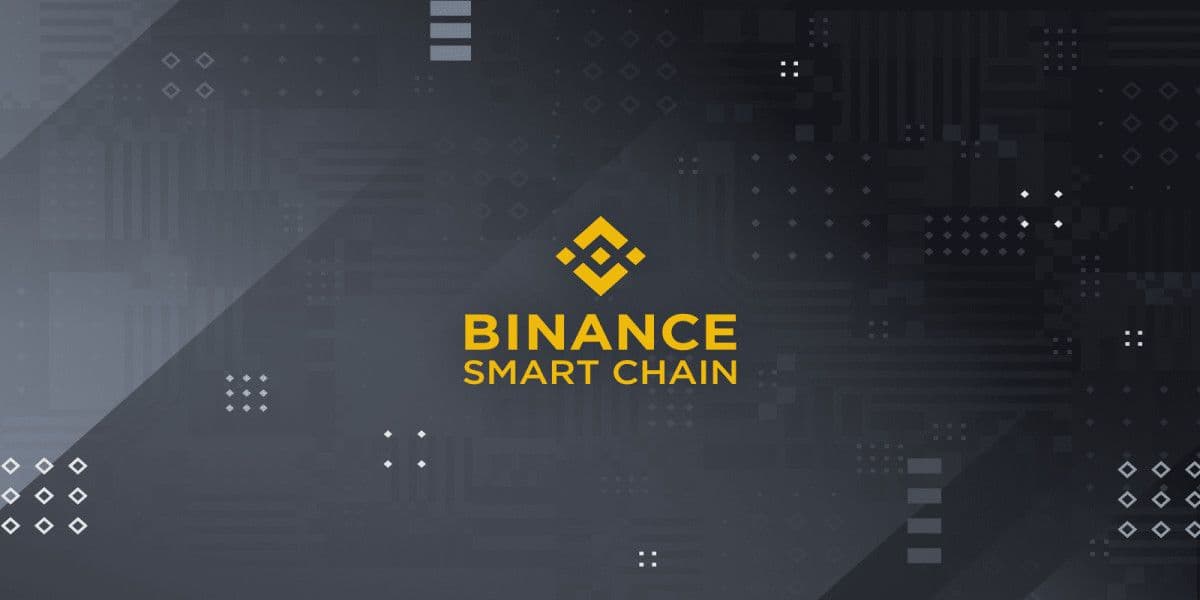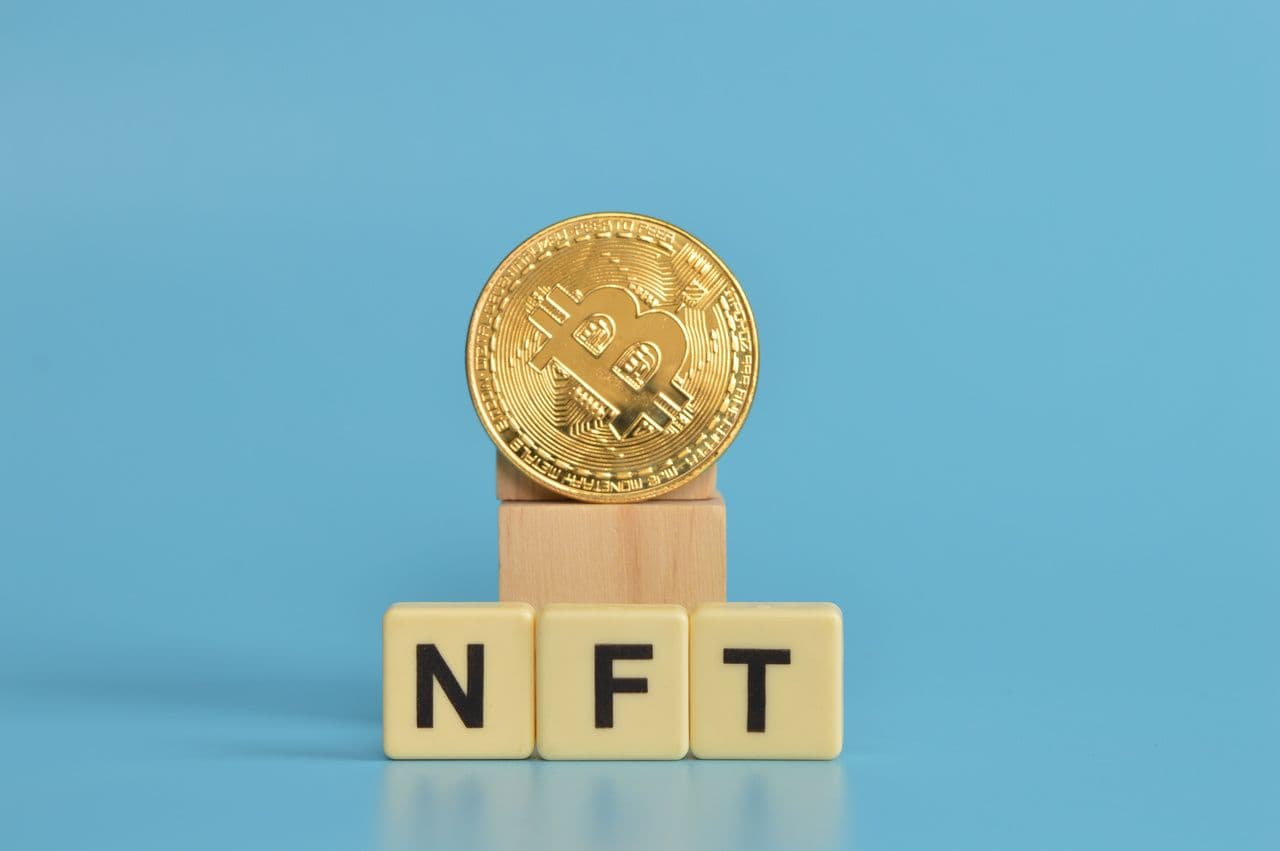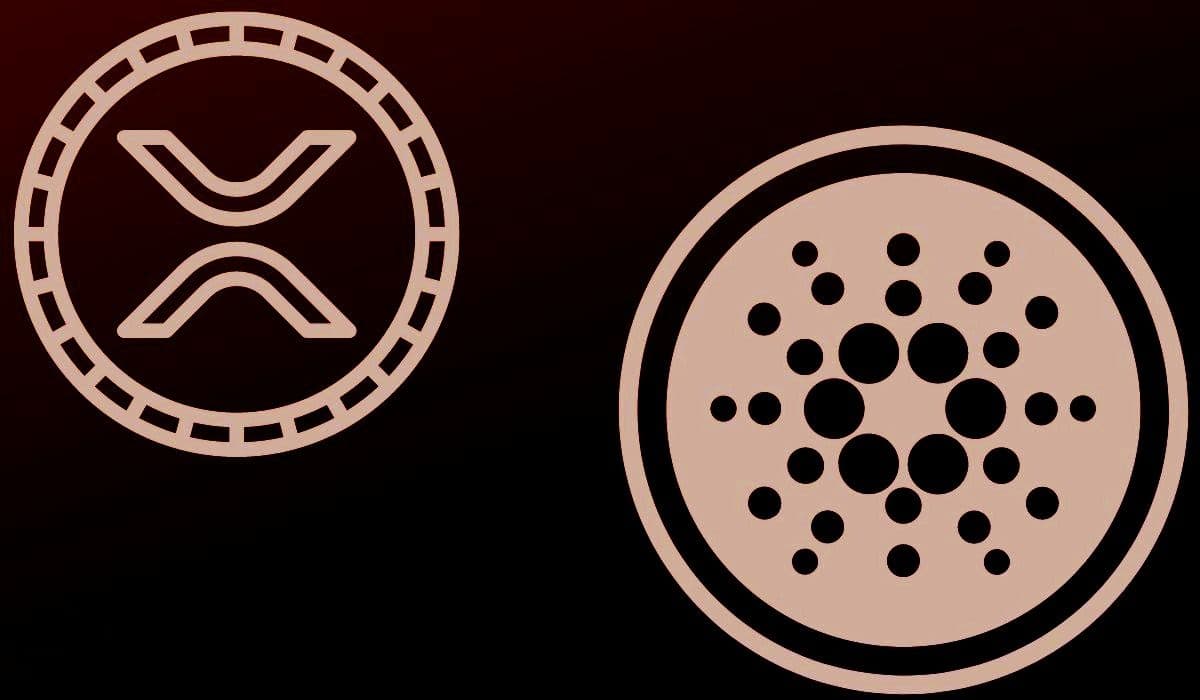EOS faces fierce criticism once again
EOS has come under fierce criticism for freezing seven user’s accounts. Critics deemed that EOS’s ability to arbitrarily close accounts flew in the face of cryptocurrency’s central feature, decentralization. In EOS a few complete strangers can freeze what users thought […]

EOS has come under fierce criticism for freezing seven user’s accounts.
Critics deemed that EOS’s ability to arbitrarily close accounts flew in the face of cryptocurrency’s central feature, decentralization.
In EOS a few complete strangers can freeze what users thought was their money. Under the EOS protocol you must trust a "constitutional" organization comprised of people you will likely never get to know. The EOS "constitution" is socially unscalable and a security hole. https://t.co/WusEqBMGBp
— Nick Szabo (@NickSzabo4) June 19, 2018
One twitter user pointed out the conceptual flaw, and was quickly joined by media commentators who called the EOS authorities “judge, jury and executioner”.
Some did come to the defence of the fledgling blockchain whose year-long ICO just concluded, believing EOS’s actions to be a better solution than Ethereum’s well-known hard forks that split the community.
The reason for the closure of seven users accounts was that they were deemed to have been compromised by phishing activity. EOS plans to establish a democratic means of deciding such important cases, known as the EOSIO constitution, but with the mechanism not in place yet powerful Block Producers made the decision to step in and freeze the accounts.
Whilst the authorities stand by their decision, many are concerned that the concept of ‘authority’ at all is contrary to the egalitarian spirit of cryptocurrencies.
https://twitter.com/psyburr/status/1008461876878069760
The outbreak on social media is the latest in a string of events that have shook the platform that raised $4b in a year-long token sale. Last week the blockchain launched its mainnet, but only 48 hours after the network came to a crashing halt.
Defenders of the platform rightly pointed out that EOS is new technology and bound to encounter blips, but for critics the crash was a symptom of hastily written code and worrying centralisation.
And this isn’t the first time EOS has been called out for its lack of decentralization. According to a report by Trustnodes, 50% of all #EOS tokens are held by just 10 addresses, and 1,000 addresses account for 85% of the total amount of EOS tokens. So much for #decentralization. pic.twitter.com/RMhmhJjC0O
— Ryan Fay (@ryancfay) June 17, 2018
Centralisation has long been a criticism of the platform, with powerful individuals holding the majority of the platform’s tokens. Figures within EOS have pointed the finger at exchange addresses, which hold many thousands of suers funds in one place.
Whether this legitimately answers critic’s concerns has not been confirmed, and despite raising a previously unimaginable $4b, EOS has experienced a considerably rocky start.





























